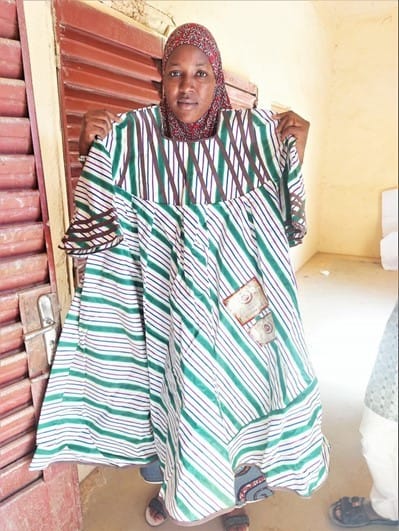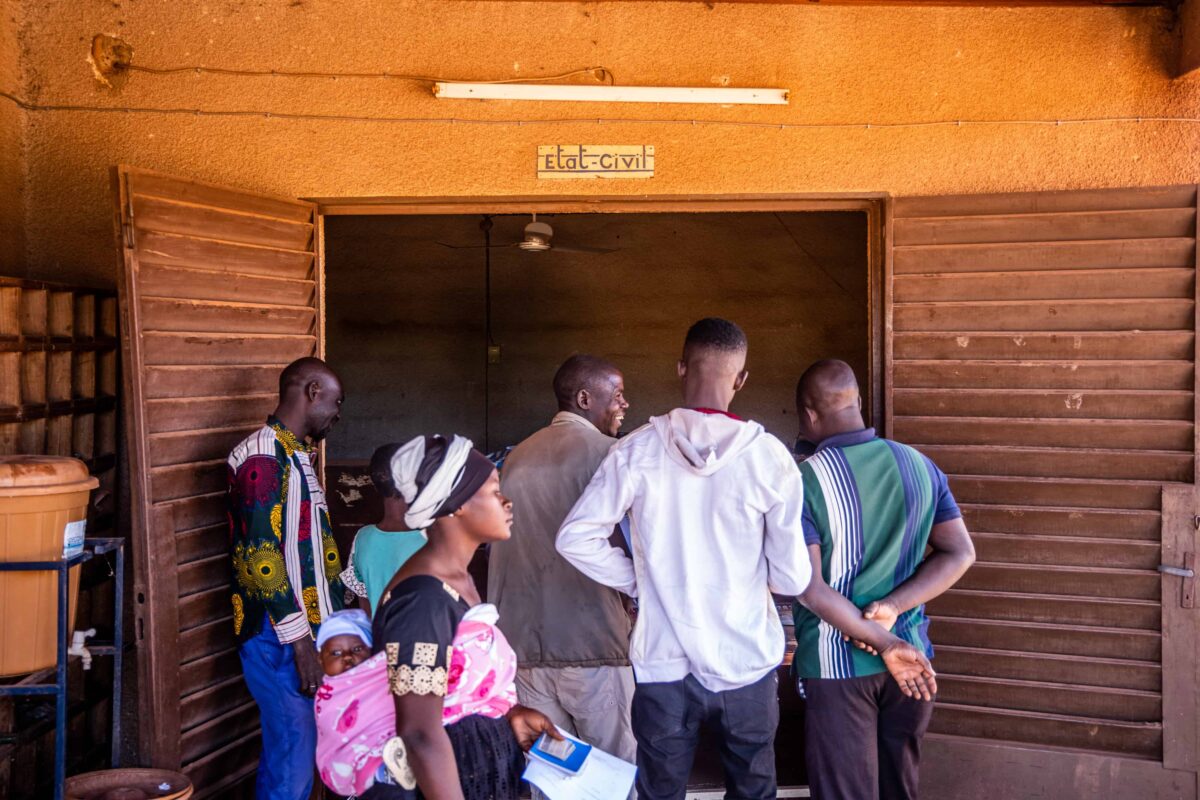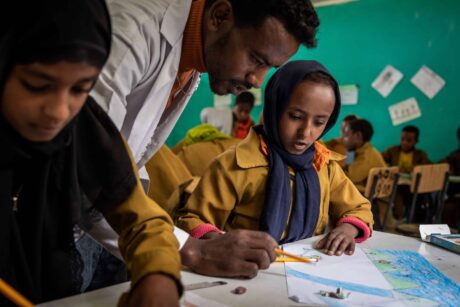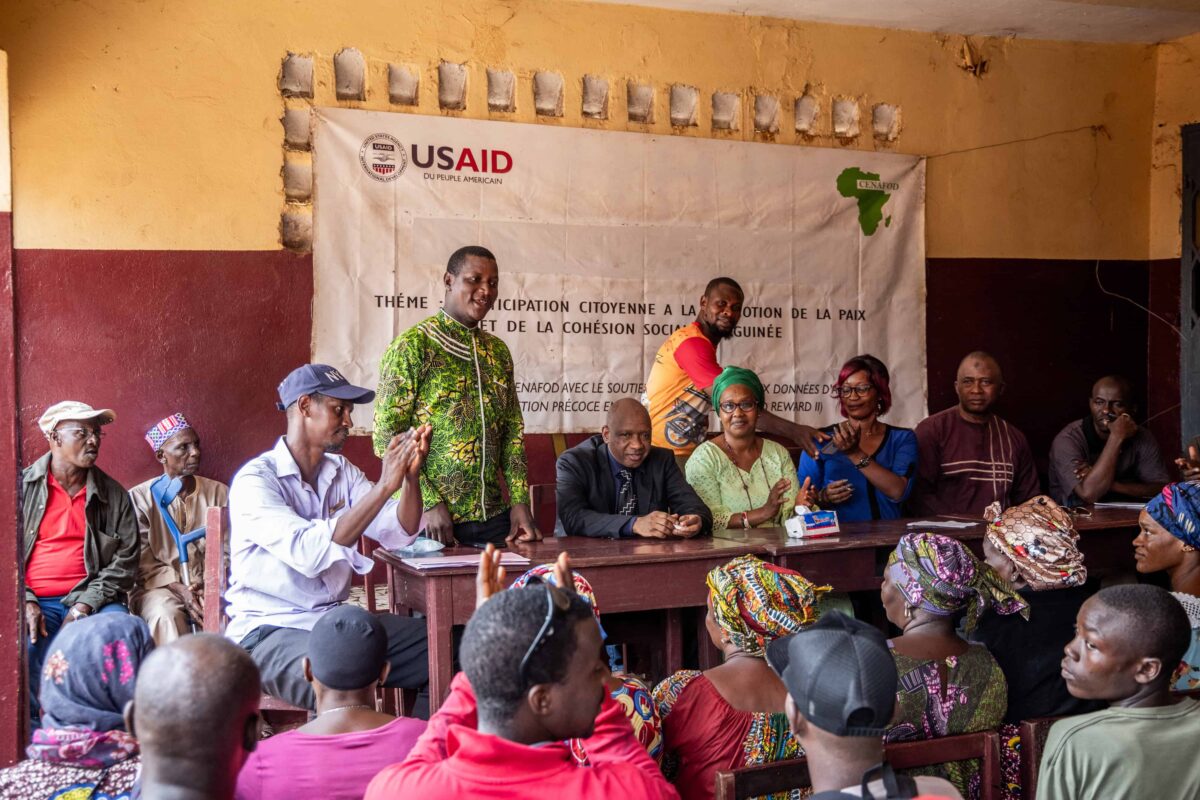Balkissa is not only a model of success but an inspiration to those around her
At age 16, Balkissa Idrissa left school to get married and join her new husband in Bentia village, near Mali’s border with Niger. Soon after the wedding in 2011, her community and others in the area were beset by a conflict that officially ended with the signing of the 2015 Algiers Peace Accord.

Nonetheless, ongoing conflict is common and communities often fall prey to occupation by violent extremist organizations.
Balkissa tried to pursue work outside of her home, but this proved difficult and dangerous. The group that controlled the area prohibited women from outside employment, particularly in agriculture and trade. As she turned 26, she was already a mother to three children and needed safe work that would earn enough to contribute meaningfully to her growing family’s household expenses.
Following a futile search for employment, she heard about the Groupe de Réflexion pour les Initiatives de Développement (GRIDEV)—a community-based organization conducting training for young women like her. GRIDEV received a grant from USAID Peacebuilding, Stabilization and Reconciliation program to work in Balkissa’s community advancing local solutions to the on-going conflict through livelihood and leadership training with youth.
With the grant, GRIDEV conducted a four-day training on tailoring for young women and, at the end, attendees received starter kits that each included a sewing machine, fabric and basic tools of the trade. With her starter kit in hand, Balkissa launched her tailoring business.
Family members were her first customers and she methodically set competitive prices and delivered quality goods. Through hard work and determination, she earned the approval of neighbors who praised her skills and spread the word. Soon, her customer list expanded and so did her profits, averaging $75 a month, enough to modestly expand the business while covering a meaningful portion of her family’s budget.
Balkissa is an inspiration to others and shares her skills with local youth whose school closed due to threats of violence.
“Despite a rough start to my life, I have been successful,” Balkissa says. “Now, with the closure of the Bentia school, I have welcomed three additional girls and a boy, ages 15 and 16, into my workshop to learn the ropes of this job. These days, I am looking for additional support to expand the business and enhance the workshop’s capacity.”
To strengthen the capacity of youth as leaders and agents of change in their communities, and to develop their resilience in the face of violent extremism, Peacebuilding, Stabilization and Reconciliation program has delivered entrepreneurship and skills-based trainings to more than 1,400 people. Among these were 714 people reached by grants to eight local civil society organizations like GRIDEV in the regions of Segou, Mopti, Gao and Menaka.
Mariama, a female community leader in Bentia, praises the seamstresses’ dedication and quality.
“Balkissa’s tailoring workshop is beneficial to the community and she is a great role model for youth who are looking for funding opportunities to carry out similar activities. This kind of support is necessary and will help to reduce the risk of the youth being recruited and joining armed groups.”


